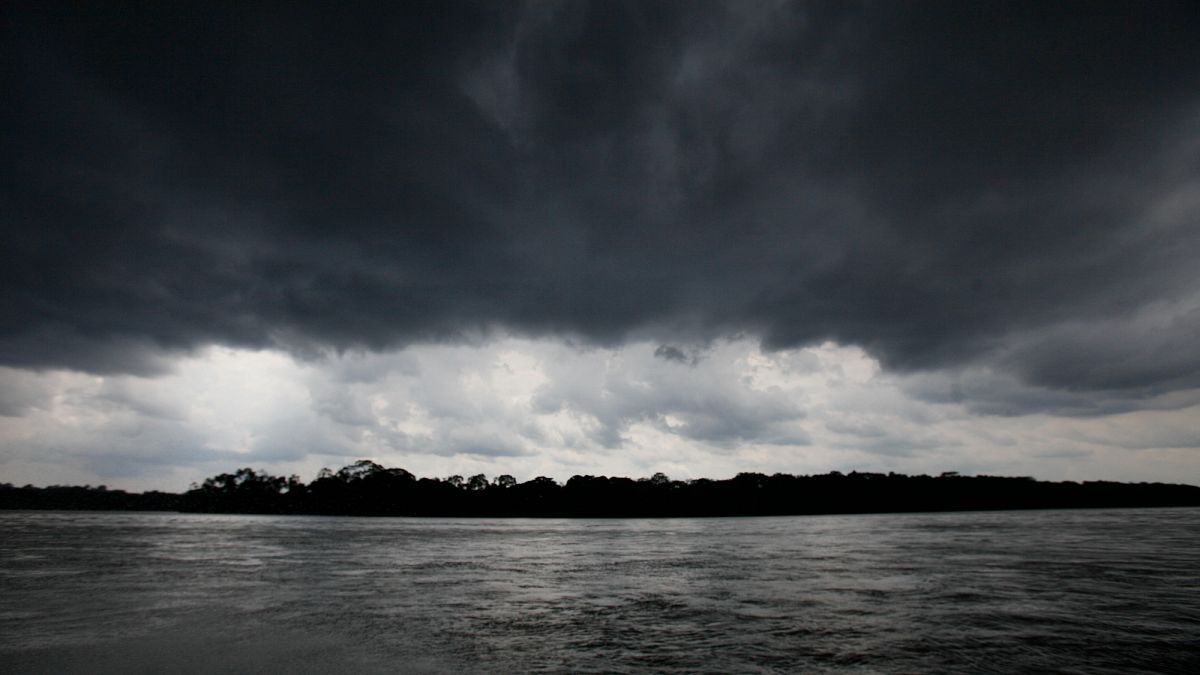Ecuador Passes Controversial Protected Area Law, Facing Legal Challenges

New Legislation Opens Conservation Zones to Private Operators
Overview of the Law
- Allows private entities to take part in overseeing conservation areas.
- Marks a shift from purely public stewardship towards public‑private partnerships.
- Maintains core environmental goals while expanding managerial options.
Points of Contention
- Opponents argue that the law could enable land grabs by powerful corporations.
- They warn of a rise in environmental degradation if commercial pressures override protection standards.
- Calls for comprehensive safeguards and robust monitoring mechanisms remain urgent.
Ecuador’s Controversial Protected Areas Law Sparks Widespread Backlash
On Thursday, the Ecuadorian Congress approved a new statute on protected lands with an 80‑to‑23 vote in a 151‑seat assembly, granting private and foreign firms the right to manage conservation areas.
Government Justifications
- Strengthened oversight: Officials argue the bill will improve monitoring of wildlife reserves.
- Enhanced security: The law aims to curb illegal mining and tighten protection of park boundaries.
- Boosted ecotourism: By involving experienced private operators, the government expects increased visitor numbers and local revenue.
- No extraction: The legislation maintains a ban on all extractive activities within protected zones.
Critics’ Concerns
- Land grabbing risk: Indigenous leaders warn that allowing outside entities to administer conservation sites could lead to unauthorized acquisitions.
- Weakening constitutional safeguards: Legal scholars argue the law erodes long‑standing protections embedded in Ecuador’s constitution.
- Environmental harm: Opponents predict that corporate involvement may prioritize profit over ecological integrity.
- Top‑down passage: Many stakeholders claim the bill was adopted without meaningful consultation with local communities.
International Law Violations
The new measure is alleged to breach at least fifteen global agreements, including:
- ILO Convention 169 on Indigenous and Tribal Peoples
- UN Declaration on the Rights of Indigenous Peoples
- Other unspecified treaties that safeguard natural resources and cultural heritage.
Statements from Key Figures
Oscar Soria, co‑CEO of The Common Initiative, criticized the legislation as “constitutional vandalism” that undermines Ecuador’s international standing.
Justino Piaguaje, leader of the Siekopai people and head of NASIEPAI, described the bill as a reopening of a historical wound, asserting it perpetuates a legacy of dispossession originating from colonial times.
Valentina Centeno, president of the parliament’s Economic Development Commission, maintains that the law explicitly bars extractive industries and promotes sustainable management.
Legal Proceedings
Indigenous collectives have initiated legal action, planning to challenge the statute in Ecuador’s Constitutional Court and on international platforms. The case underscores a broader struggle over land rights and environmental stewardship in the country.





